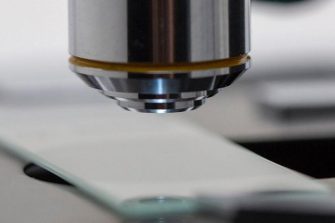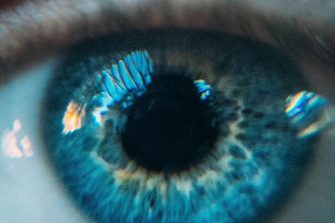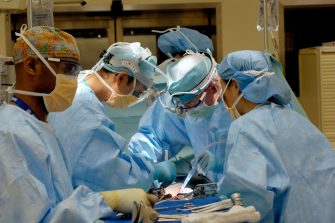Health sciences research strengths

We're leaders in the disciplines of psychology, ageing, mental health and biological and medicinal sciences, as well as the mathematical, statistical and systems specialisations that contribute to improvements in human health.

Brain sciences
Brain sciences facilitates cross-disciplinary research to enhance understanding of normal and abnormal brain functioning. Disorders of brain function, as manifested in mental illness and neurological disorders, comprise one of the leading causes of disease disability and burden in Australia and worldwide.
Brain Sciences UNSW is a research institute that covers the basic neurosciences, psychiatry, psychology, drugs and alcohol, neurology, neurosurgery, biomedical engineering and mathematics. Its constituent members are based in the Faculties of Science, Medicine and Engineering, and several UNSW-affiliated independent research institutes (Neuroscience Research Australia, Black Dog Institute and the Garvan Institute for Medical Research).

Cancer
Our vision is to unite cancer research into a globally leading partnership to deliver continuing evidence-based practice in diagnosis, intervention and support.
UNSW cancer researchers are internationally recognised clinicians, researchers and educators. Our expertise spans the basic sciences, clinical trials, implementation research, public health and health services research. From experience, we know that cross-disciplinary collaboration is the most effective way to turn scientific discoveries into cures.
The UNSW RNA Institute, Australia’s leading RNA research institute, is a prime example of this method, bringing together researchers from UNSW Science, Engineering and Medicine & Health, to meet the needs of an emerging RNA ecosystem, and driving translational, scalable outcomes – with a specific focus on hard-to-treat cancers in children.
Ultimately, the goal of UNSW Science’s cancer research projects and partnerships is a united focus on better outcomes and quality of life for all people affected by cancer.

Clinical psychology
Clinical psychology is an integration of the science, theory and clinical knowledge of psychology for the purpose of understanding, preventing and relieving psychologically based distress or dysfunction, and to promote subjective and behavioural wellbeing and personal development.
Clinical psychology at UNSW is internationally recognised research that focuses on a range of psychological disorders and the basic processes that underlie those disorders.
Research topics include:
- behavioural medicine
- traumatic brain injury
- childhood emotional and conduct disorders
- post-traumatic stress disorder
- assessment of anxiety and depression
- eating disorders
- dissociative processes.

Medicinal chemistry
Medicinal chemistry research at UNSW examines the development of new pharmaceutical agents and their implementation, from concept to clinic. The need for new therapeutics and drugs is greater than ever, with ever-growing levels of resistance to current antibiotics, high levels of toxicity of current anti-cancer agents and limited availability of anti-viral agents. The dramatic advances in disease prevention have been driven by developments in medicinal chemistry.
Specific programs in the medicinal chemistry research cluster include:
- the design and understanding of bioactive molecules; heterocyclic chemistry for therapeutic compounds, exploration of DNA-drug interactions
- natural product chemistry; flavonoids, dietary supplements, the mode of action of antifreeze proteins
- developing drug delivery vehicles aimed at pin-pointing activity
- synthesis of macrocycles that target protein-protein interactions, including controlling the heat shock response in cells or inhibiting the ribosomal machinery, both which induce apoptosis.

